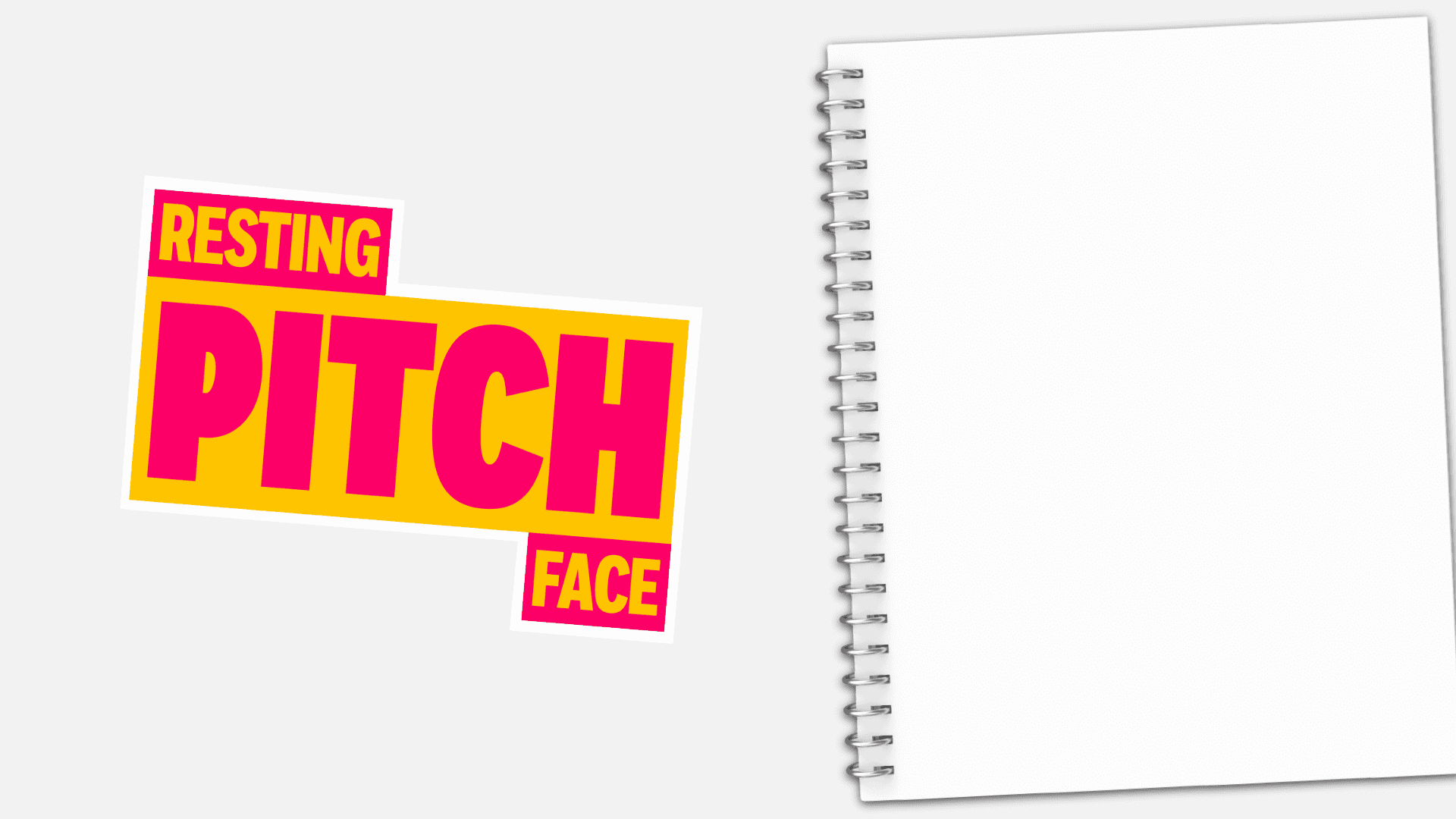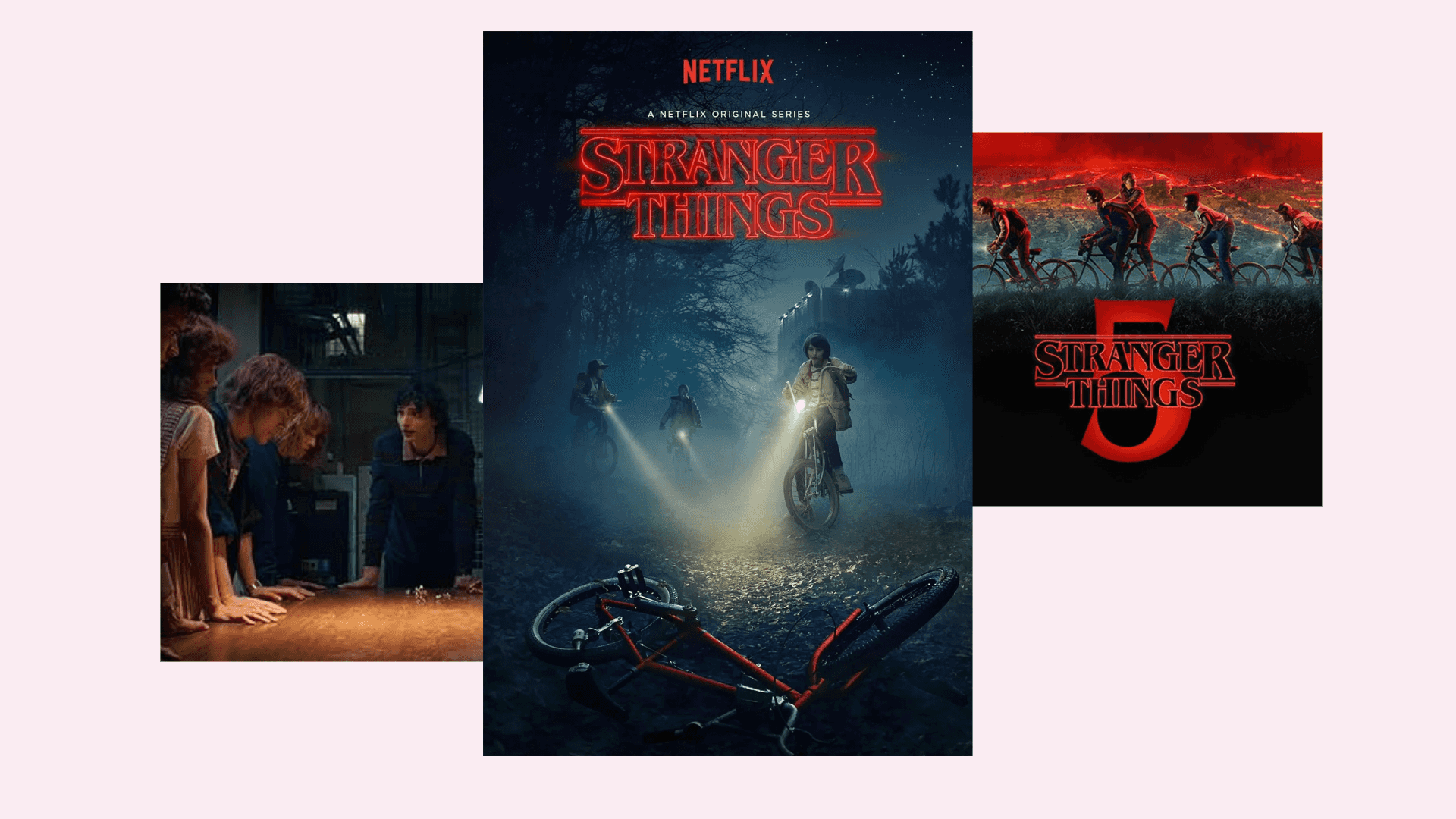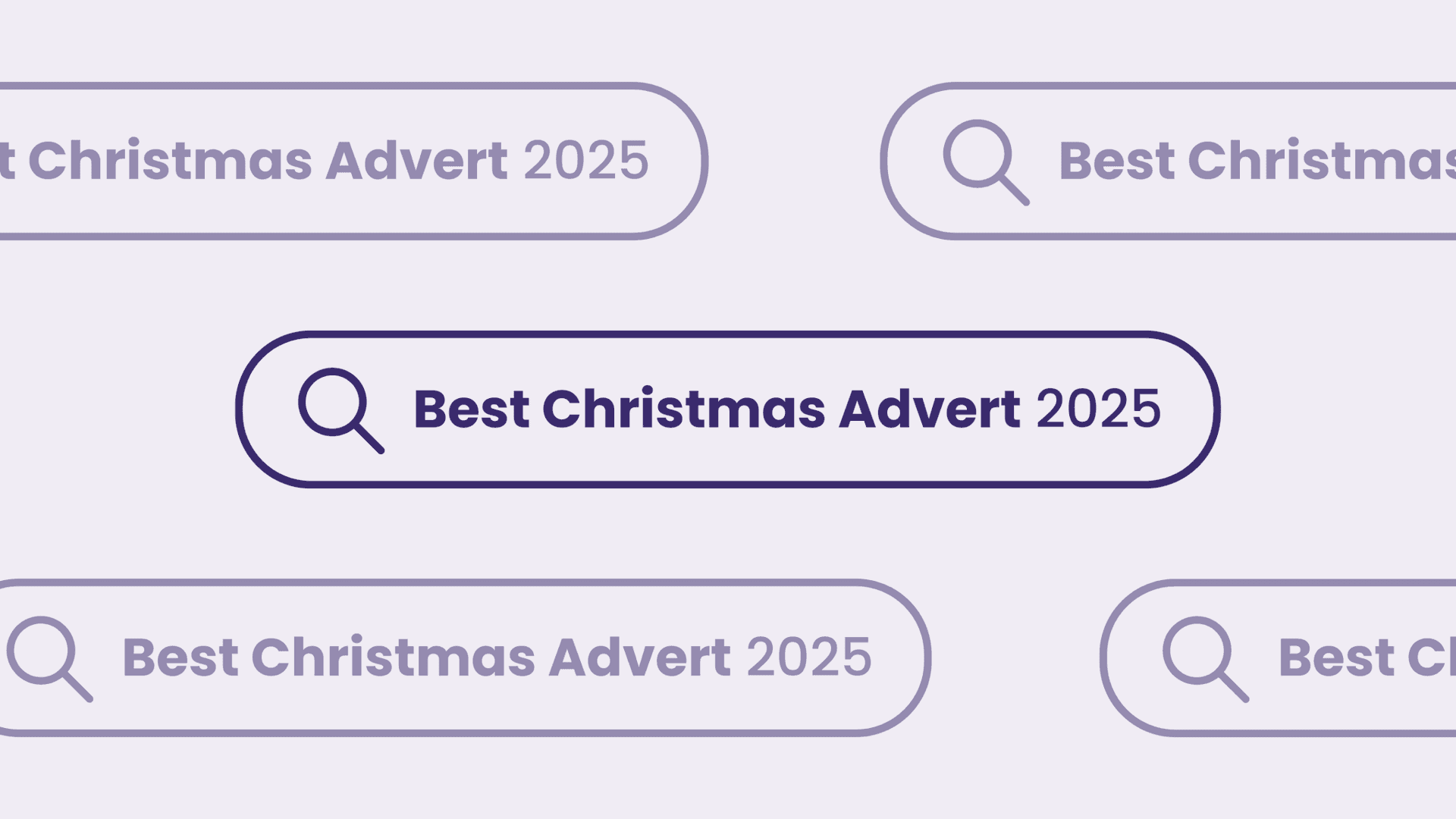
Facebook Removing 3rd-Party Targeting Data
Written by Daniel
Following the Cambridge Analytica Data Scandal, Facebook has made the decision to remove third-party targeting data. We discuss how this could impact the social media giant’s advertising platform. Check out our YouTube channel to watch the full episode of Industry Spotlight…
See below for the full video transcription.
VIDEO TRANSCRIPTION
Chris: Okay, this final topic today probably doesn’t come as a surprise, to be honest with you. Facebook have revealed that they’re going to pretty much half the third-party targeting segments that you get access to. So this is applicable to advertisers. It’s something that, yeah, advertisers will suffer from. It just means that they won’t have access to the same amount of segments that they had before and they’ll probably have to look at new routes of getting in front of the target audience. I think this comes off the back of the recent scandal with…is it Cambridge Analytica?
Jamie: Mm-hmm.
Chris: So probably it’s a bit of an attempt to tidy the landscape up and obviously improve the public’s perception of privacy when it comes to Facebook, as well. I think some of the segments that they’re primarily going to be removing are going to be things like people’s annual income. So, personal traits, really, behavioral traits, data such as what kind of car or vehicle people own and, like I say, salaries. So, yeah, that’s pretty much what’s happening.
So I think it constitutes pretty much half of the third-party data segments that Facebook offer at the minute. I’m not sure what that’s going to do to their advertising spend because I guess a lot of advertisers rely quite heavily on that data to make sure that their advertising campaigns are quite effective.
Jamie: What happens to those data points if advertisers are using them now and they’ve got, you know, some sort of ongoing, recurring thing that’s driven by that and that data point goes? You know, what happens? Do they shut down those ads or do they warn you or do they offer alternative, or…
Chris: What they’ll probably do is anonymize that data now. So when they generally pull segments away from Facebook, it’ll just disappear. You’ll still be able to use that targeting segment. You just won’t be able to obviously get access to it or view it in, like, a report format. So people, if they’re already advertising using those segments, they can’t possibly remove them because they’ve already bought them or they’re paying for them.
I’m not sure who the main vendors that supply Facebook with… To be fair, you know, this is only really going to affect some of the bigger advertisers, as well. If you’re just doing a self-serve or you’re working with relatively small clients, you probably won’t even have access to some of these bigger data segments.
So these kind of segments that it’s referring to are pretty much on-request and tap into data-management platforms such as Oracle. So, big vendors that harness massive amounts of data and people looking for really specific targeting data once they’ve already maximized the basic data points that you can obviously get access to through Facebook on a basic advertising platform.
Jamie: Do you think there’s more to come from Facebook in terms of the after-effects of this Cambridge Analytica storm?
Chris: Yeah. I think so. I don’t think it’s quite over yet. I think it’s always going to come down to a trust thing, isn’t it? I think it’s just the attention it’s getting in the media that’s damaging it. It’s like one small thing’s caused everything to blow up, really. And obviously it has quite a big impact on the ecosystem if we think that, you know, that small thing…well, I say “small thing” that’s happened, quite a big thing that’s happened. But in effect, you know, who’s it really affected there? It’s affected the advertisers and the ability to get products and adverts in front of the consumers.
Main Image Credit: Thought Catalog





